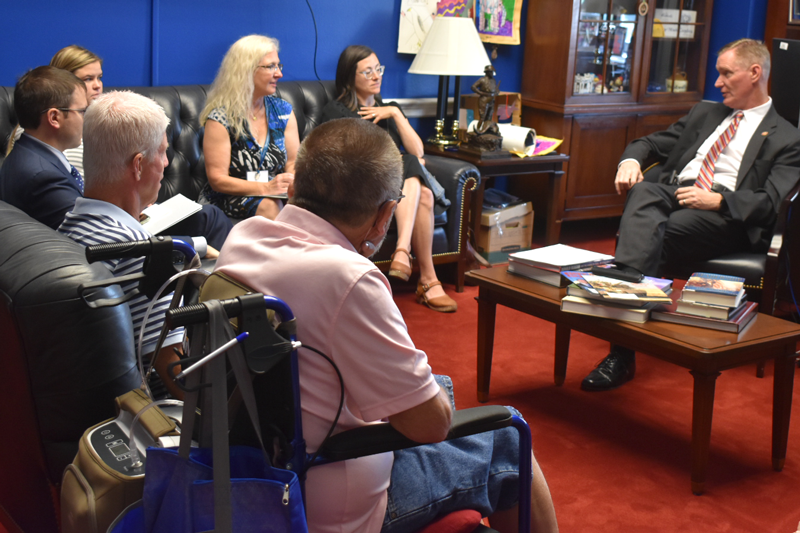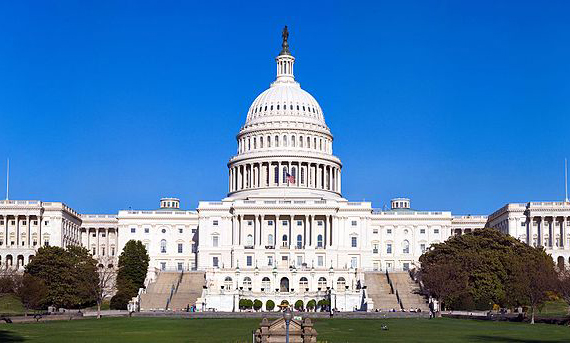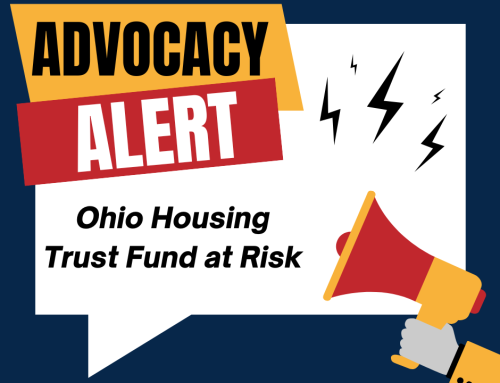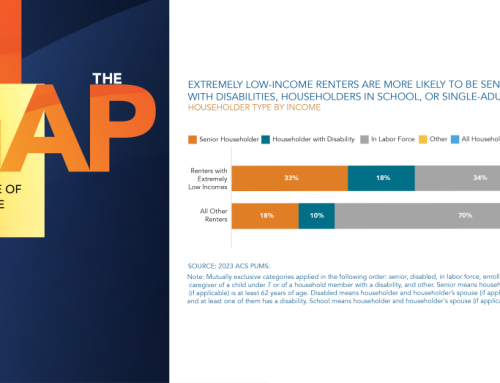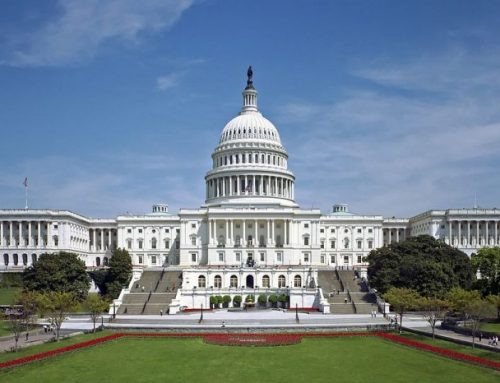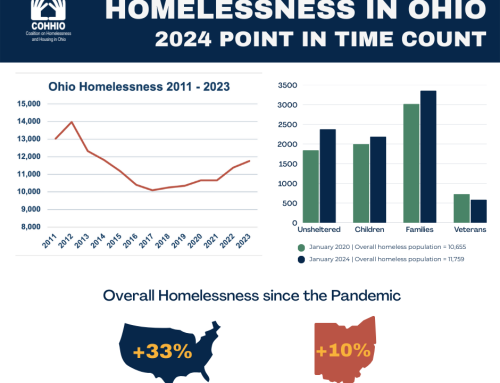The recent budget deal between Congressional leaders and President Trump is a promising sign, but there’s still some uncertainty about how federal homeless and housing programs will fare once the final bill is passed.
The budget bill the U.S. House passed in July would lift federal spending caps on defense and domestic programs by $321 billion over the next two fiscal years. The House’s Fiscal Year 2020 spending bill would increase funding for rental assistance, public housing and homeless programs and rejects the administration’s self-defeating policy proposals, like work requirements and time limits on housing assistance.
The Senate left Washington for their August recess before taking any action and is expected to take up the measure when they return in September. The agreed-to spending limits are lower than what the House passed before the recent budget deal was announced, so appropriations for affordable housing and homeless programs could well be reduced in the final bill.
COHHIO is a state partner of the Opportunity Starts at Home campaign, which is calling on House and Senate leaders to prioritize housing assistance for low income people during the final negotiations.
The summer recess, which ends Sept. 9, is a good time to contact Sen. Rob Portman (R-OH) and Sen. Sherrod Brown (D-OH) and ask them to fund housing and homeless programs at the same levels the House approved.
Fair Housing Attack: The Trump Administration continues its efforts to weaken Fair Housing protections for tenants. HUD recently proposed revisions to the 2013 Disparate Impact rule that make it much harder – maybe impossible – to challenge all but the most blatant discrimination by landlords.
The federal Fair Housing Act prohibits housing practices that have a discriminatory or “disparate impact” on people of color, those with disabilities, LGBTQ folks and other protected classes, even if there was no obvious intent to discriminate. HUD’s proposed changes would gut the existing process for determining whether a practice or policy is discriminatory and shift the entire burden of proof to the plaintiff.
National Low Income Housing Coalition (NLIHC) President and CEO Diane Yentel goes much deeper into the administration’s latest attack on Fair Housing in this recent web post.
Eviction Legislation: Sen. Portman is teaming up with Sen. Michael Bennet (D-CO) to introduce the Eviction Crisis Act next month to address the eviction epidemic. The bipartisan bill authorizes the creation of an Emergency Assistance Fund to help low-income households facing housing instability due to an unexpected expense. Competitive grants would be awarded to state and local governments to create crisis assistance programs. It would also authorize funding for landlord-tenant community courts and legal representation to tenants who cannot afford it, and would create a national database to track evictions.
We are pleased to see Sen. Portman taking on this important issue. Evictions in many Ohio cities are hitting record levels as housing costs are growing increasingly out of reach for low income Ohioans. Eviction is not only the result of poverty, but it drives people even deeper into poverty, and this bill could help improve housing stability for those who need it most.
NLIHC is collecting the names of organizations willing to endorse the bill. If your organization is interested in supporting the bill, please sign on here: https://forms.gle/TwCzbG1NS6ieqRqt9.
“Mixed Status” Rule: COHHIO submitted one of some 30,000 comments on HUD’s proposal to prohibit “mixed-status” immigrant families from receiving housing assistance.
This proposal forces people to choose between splitting up their family, or moving everyone out of assisted housing to keep the family together. The proposed rule would force 25,000 families with 55,000 children to either separate or face eviction and homelessness.
HUD will now draft a final rule and respond to the public comments. The last time a HUD proposal garnered significant public attention resulted in just over 1,000 public comments, according to #keepfamiliestogether. Once the final rule is published, advocates may pursue litigation.
Presidential Debate: Polls show affordable housing is becoming a major issue for voters, and Democratic candidates running for president are starting to notice. Several candidates have released sweeping solutions to the affordable housing shortage and even discussed them during the debates.
Help keep the discussion going! Sign your organization on to this letter asking moderators of upcoming presidential debates to ask the candidates about housing issues.
